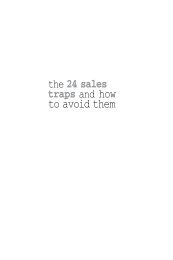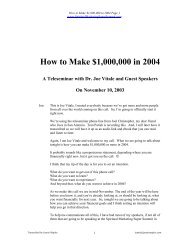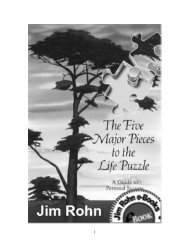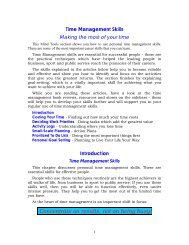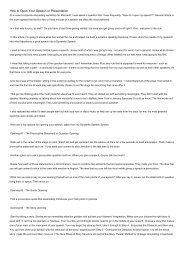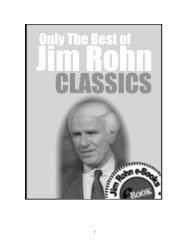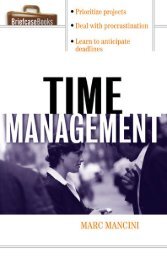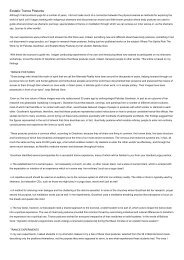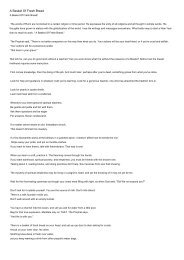Executive Coaching - A Guide For The HR Professional.pdf
Executive Coaching - A Guide For The HR Professional.pdf
Executive Coaching - A Guide For The HR Professional.pdf
Create successful ePaper yourself
Turn your PDF publications into a flip-book with our unique Google optimized e-Paper software.
What Is the Role of the <strong>HR</strong> <strong>Professional</strong>? 75<br />
.............................................<br />
is proceeding as planned. Since you are the primary point of<br />
contact, you may need to determine who else should be<br />
involved and make those suggestions to the coach and the<br />
client.<br />
3. Help the coach and client evaluate and wrap up the assignment.<br />
Goal attainment, behavior change, new skills, better<br />
ability to make decisions or deal with complexity, more accurate<br />
self-perceptions, improved functioning, more data collection,<br />
client satisfaction, business results, reactions of other<br />
people to the client’s new behavior. . . . How do you know<br />
whether the client is making progress or not? What kind of<br />
feedback must you seek out to determine whether or not the<br />
coaching objectives are in the process of being reached? If the<br />
goals have been set up appropriately at the outset of a coaching<br />
engagement, then steps in the achievement of some of<br />
those goals may be reached relatively early. It is reasonable to<br />
expect that there should be evidence of some behavior<br />
changes within the first two months of the onset of the<br />
coaching, even though different skills are acquired at<br />
different rates.<br />
More complex skills will take longer to develop than simpler<br />
skills. <strong>For</strong> example, improvements in presentation skills<br />
may be evident sooner than changes in organizing and planning<br />
capabilities. Rates of learning may vary depending on<br />
the individual, the complexity of the new skills being<br />
acquired, opportunities to practice those skills, and the<br />
resources and support of the organization.<br />
To evaluate progress and to help you determine whether or not<br />
the client is moving toward the attainment of stated goals, here are<br />
some questions you may want to ask:<br />
• What are the changes in behavior and skills thus far?<br />
Does it appear as though progress is being made?





